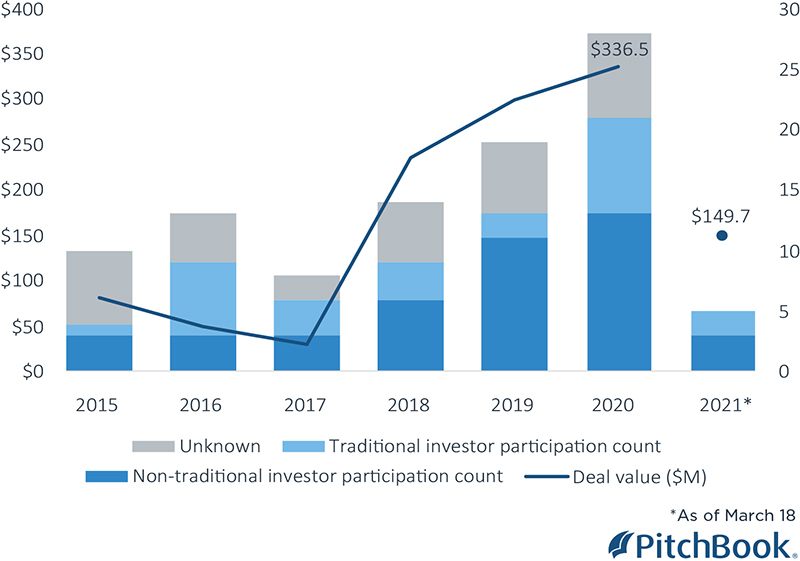CC&S, along with a CO2 tax-and-100%-rebate—no carbon traders, no money for politicians to give to their friends, just a straight-up Pigovian tax* and per cap rebate of all the money—are our preferred policy approaches to anthropomorphic genic, anthropogenic CO2. [sheesh, type slower, think faster]
Here's the intro from January's "Elon Musk to offer $100 million prize for 'best' carbon capture tech":
Carbon capture is an approach the Norwegians among others are exploring but it is not easy. Because the concentrations of CO2 in air are so low, ~415 parts per million, you have to move a lot of air through your systems to get meaningful amounts of CO2 to sequester.
The other reasons are ideological. A lot of folks in the authoritarian crowd don't like it because it means that things don't have to change as much as they would like things to change. Wealth transferers don't like carbon capture because it directly attacks their rationalization for "climate reparations", always set with a starting point far enough back in time so that only Northern Hemisphere and in particular, western, countries owe x-number of trillions of dollars to southern and eastern countries. And then there are the....
Yeah, I've been doing this a long time.
Putting all that aside, prizes are good, a very efficient way to mobilize talent and creativity in a focused pursuit. I may even see if I can recruit a team of folks smarter than I to claim Elon's money.....
last seen three days ago in "Carbon Capture and Storage: The Negative Carbon Option?".
And from PitchBook, March 29:
Carbon capture is all the rage. Can these startups make it profitable?
A growing number of startups have ambitions to turn carbon dioxide emissions into cold hard cash—with the hope of charting a course to clean up emissions-heavy industries without relying on perpetual government subsidies.
Capturing carbon—whether it be from the air, ocean or factory smokestacks—has amassed prominent fans who see it as a moonshot that could one day help humanity reverse course on CO2 emissions.
Elon Musk recently volunteered $100 million of his own money as part of an XPrize competition to be doled out to carbon capture startups. Bill Gates has backed Carbon Engineering, a prominent startup that scrubs CO2 directly from the atmosphere. And BP, Shell and the Norwegian government have all launched significant projects to catch and bury carbon.
But the industry has received relatively little funding from venture capital in recent years, despite startup investors' frothy backing of electric vehicles and related technology.
VC-backed carbon capture startups took in $336.5 million last year to set a modest record, according to PitchBook data. Much of that investment was driven by non-traditional investors—oil companies, governments and others—who participated in nearly two-thirds of all deals.
Carbon capture VC deals, global

Investors have plenty of reasons to be skeptical. Carbon-capture projects often involve immense capital investment, political uncertainty and vastly longer time horizons than typical startup efforts. And storing CO2 underground in and of itself isn't a business; it relies on subsidies or a carbon market with sufficiently high prices to function.
"You can capture the carbon, but then what do you do with it?" said Andrew Chung, founder and managing partner of 1955 Capital, a VC firm that invests in sustainable technologies. "You want to be able to reuse it."
Carbon Engineering and Climeworks are among the most prominent companies to attempt direct-air carbon capture at scale. The approach pulls in air using massive fans, sends it through a liquid or solid filter to remove the CO2, and typically stores the gas permanently underground.
Direct-air capture could effectively allow humanity to turn back the clock on past emissions, and it has gained traction with corporations and governments in recent years. Shopify recently became one of the largest corporate buyers of the technology in a deal with Carbon Engineering to capture and store 10,000 metric tons of CO2.
But such direct-air carbon capture systems remain far more expensive than natural solutions like planting trees....
....MUCH MORE
*If you are new to this stuff here's Baumol with a pretty good introduction.
Then economists being economists, with seemingly unlimited time on their hands, began picking at and prodding, pinching and posing and finally making the entire conversation all about economists (as is their wont).